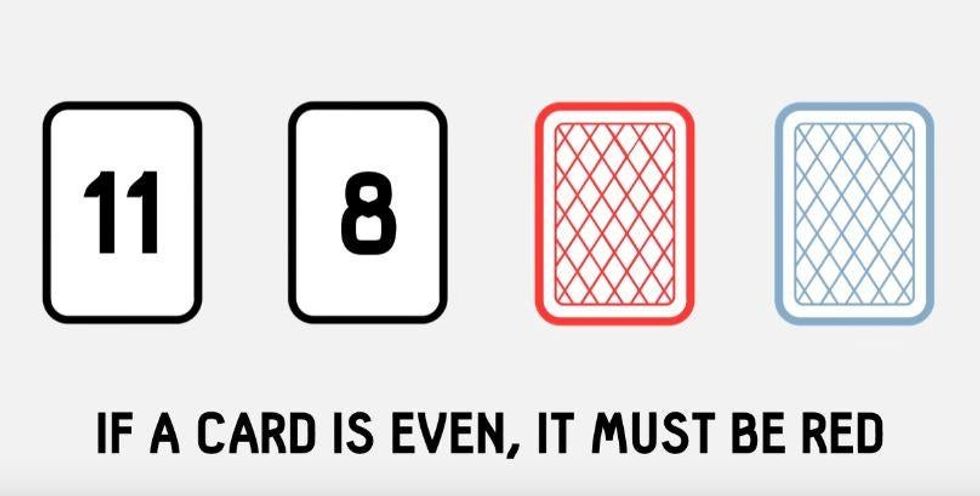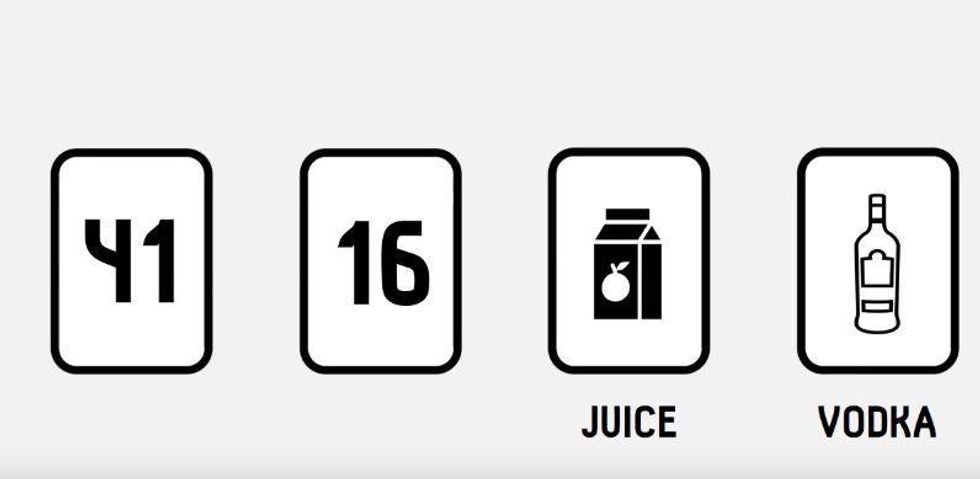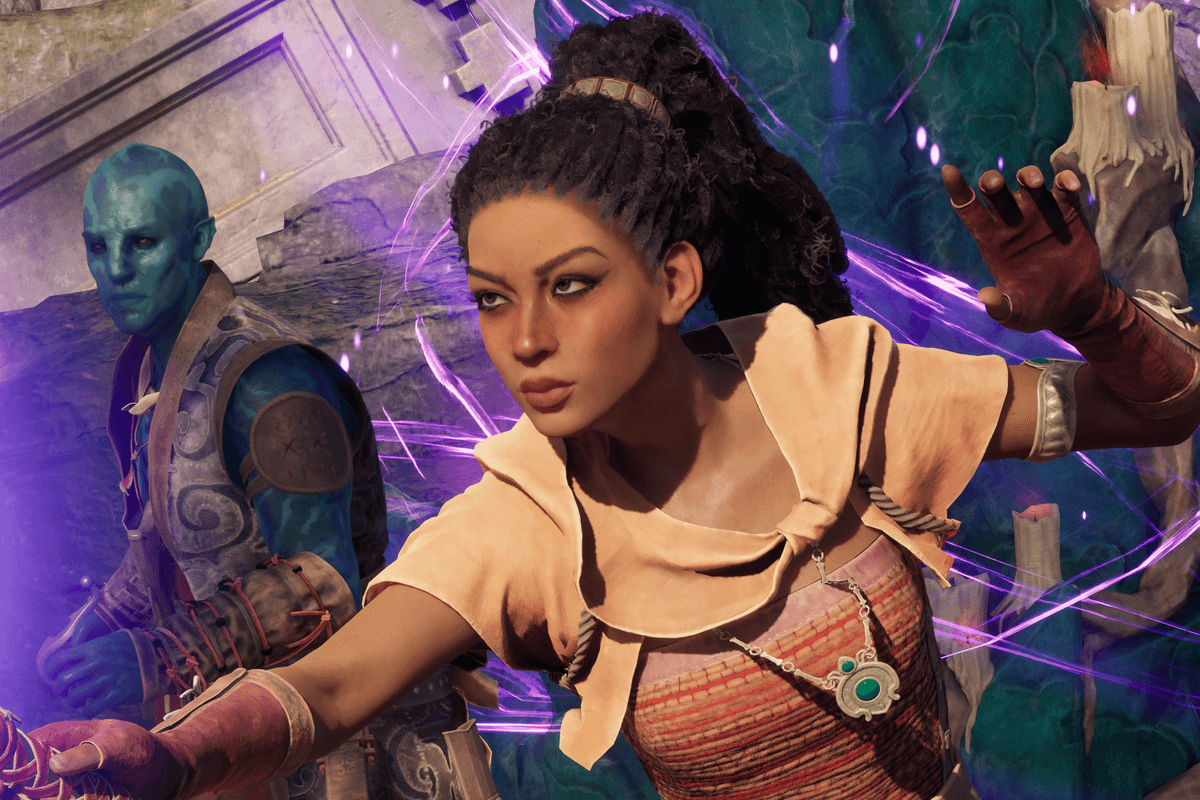
Basically 'transferable skills' are another lie you need to strike from your CV.
Although humans believe that once we've learnt a general rule, we will apply it all situations, it's more difficult to do this in abstract than in real life.
Bite Size Psych has demonstrated this using one riddle written in two ways.
Version One
In the first version of riddle, there are four cards. Two are face up, showing the numbers 11 and 8 respectively, and the other two cards are face down. One of the face down cards is red, the other is blue.

You are then told the rule of the puzzle, that 'if a card is even, it must be red'.
To prove the puzzle's statement, you can only turn over two cards, but they can be any two of your choosing.
Which two ought you turn over?
Scroll for the correct answer:
Finding an example of breaking a rule, or being unable to find one, is the best way to test scientific laws. Finding examples which confirm the rule provides no new information.
As such, you should turn over the blue card and the number 8. You turn over the number 8 to check that it is indeed red (as an even number it should be red).
You turn over the blue card to make sure there is not an even number on the other side. If there was, this would break the rule, disproving it.
Bite Size Psych explains that this riddle out foxes many people, yet if it's worded differently it becomes much easier.
Version Two
Setting up the same scenario, but swapping numbers and colours for 'age' and 'choice of drink', you are asked again which cards ought to be turned over.

In this new wording of the same puzzle, the cards have a person's age facing up, and their choice of drink facing down.
The rule is 'No alcohol if you're under 18'.
The two cards to turn over are '16' and and 'Vodka'. Here's why:
'16' because if it features alcohol then it means the person is engaging in underage drinking.
'Vodka' to check the number is over 18.
Why people find alcohol easier to understand
This puzzle is almost identical to that of the previous one, the only changes are cosmetic, yet people find the version involving alcohol much easier to work out.
In part this is because the drinking age scenario is familiar to us and intuitive. A study by the Quarterly Journal of Experimental Psychology (1971) showed that people find it easier to solve problems which are presented thematically than in the abstract.
Yet we often believe that by learning a general rule once, our brains will apply it in other scenarios.
How we think about a problem is influenced by its context, and our emotions surrounding it.
The logic used to solve a maths puzzle in a classroom is different to that used in a social setting such as a party.
This isn't just an interesting insight into educational psychology.
The riddles underline the problem of learning one thing in the classroom or training at work, which we are then unable to apply in another setting.
Here's the full video from Bite Size Psych for more details:
More: This viral meme is completely changing the way people think about the US election
More: Poland wants to ban abortion and this woman's sign sums it all up













